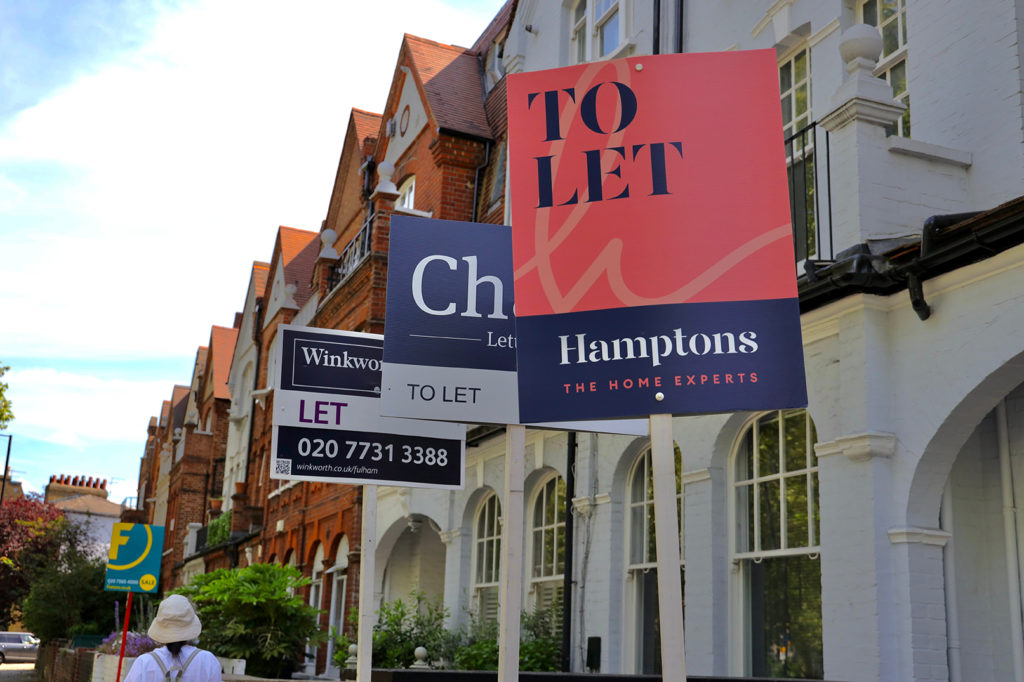According to the official data, a quarter of landlords have risen rents in the last 6 months. Despite that properties are being snapped up.
Newsflash… housing is more expensive than ever
Average rents in the UK have increased 4% in the past year. It seems a relatively modest figure compared to the coss of higher mortgage rates faced by landlords. Yet clear result is a growing number of people finding it difficult to afford their rent or mortgage payments. Unfortunately, figures show that renters spend more on housing costs than owners do, with renters on average spending 24% of their weekly expenditure on housing, compared to 16% for those who own their own homes.
Myron Jobson, a senior finance analyst at Interactive Investor, says that an increasing number of people are staying put when they would otherwise move. Many don’t want to risk moving and either pay higher rents or not being able to find a suitable property at all.
Plan Insurance can accommodate your Property Owners & Landlord Insurance needs. Just fill in our short call back form, and our professional brokers will be in contact to arrange your insurance.
Liz Truss’s mortgage legacy
Mortgage costs rose steeply in 2022, partly attributed to Liz Truss’s mini-budget. The average price of a new, two-year fixed-rate mortgage has fallen slightly since markets stabilised but is still much higher than last year at 5.78%.
More than 1.4 million households will be renewing their fixed-rate mortgages this year, with 57% currently paying an interest rate of less than 2%. This peak will come between April and June of this year when 371,000 deals expire.
Higher mortgage rates will affect re-mortgaging but, in no surprise to anyone, also makes prospects particularly bleak for potential first-time buyers.
Rental prices are high, but demand is too
We are in the midst of Britain’s fastest-moving rental market, with 17-24% of rental properties in most areas being snapped up within 14 days. In Britain’s most competitive areas, the percentage is closer to 30%. Rising rental prices haven’t had the media attention that property sales have, despite having the highest 12-month period of increases since 2008.
In many ways, the story of rental is the same as sales. There is lots of demand and not a lot of properties to go around. But, as we reported last month, the number of people with financial means and desire to purchase a property isn’t as high as it was during the high demand of the pandemic.
Tenants are facing a historically hard time, thanks to the cost of living crisis and the high costs of rent. Tenants who would otherwise have considered purchasing a property are not in a position to, which has increased competition for rental properties.
Hope is around the corner: demand is starting to stabilise
Flatsharing website SpareRoom says the average room price reached a record high at the end of last year. The average price for renting a room in Greater London was more than £900 per month for the first time ever last September, it has continued growing to reach £949 in December.
However, SpareRoom’s director Matt Hutchinson says that demand has actually eased slightly after the record peaks in August and September. However, this hasn’t made much of a difference to prices thanks to the low supply and cost-of-living crisis.
As renters stay put to avoid higher rents, it significantly impacts the rest of the economy. People usually move because of work, but if job opportunities with higher pay are neutralised because of higher rent in the area, people may stay in their jobs and in their homes. The impact that this will have on the overall economy is massive.


